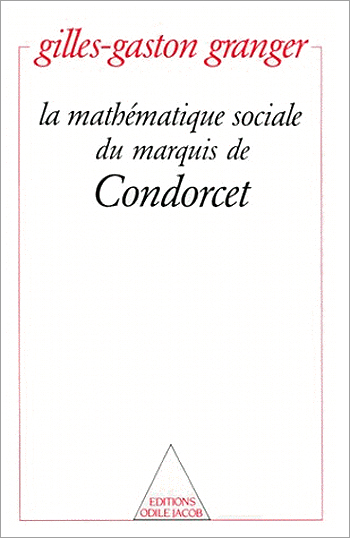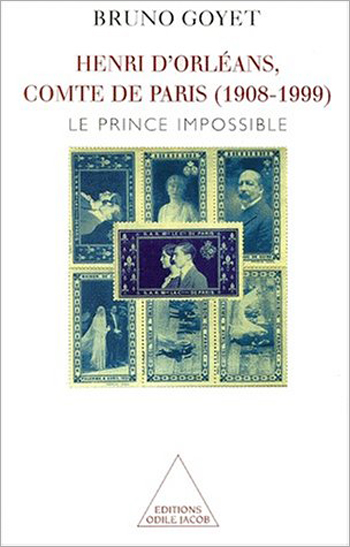Documents All books
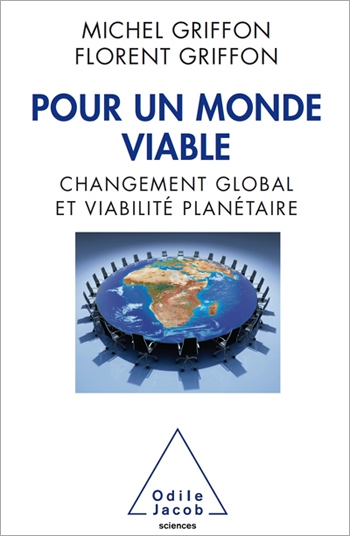
Michel Griffon, Florent Griffon
In Defence of a Viable World Global Change for Planetary Viability
Increased awareness and urgent measures needed by 2050 if we are to avoid the worst-case scenario on a planetary scale.
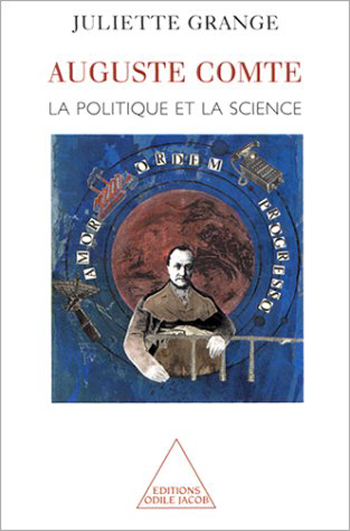
Juliette Grange
Auguste Comte - Politics and Science
The writings of Auguste Comte are often reduced to a few excerpts and stereotypes, and as a result the judgement of "positivism" is quickly reached. Yet, industrial politics, the organisation of research, and the influence of the exact sciences on the way we regard politics, all eminently modern themes, lie at the heart of his thought. Therefore, this book, by one of the best French specialists, offers an original rereading of Comte and ultimately opens the way for a more personal reflection on the nature of the relations between science and politics as they exist today. Juliette Grange is a professor at the University of Nancy-II
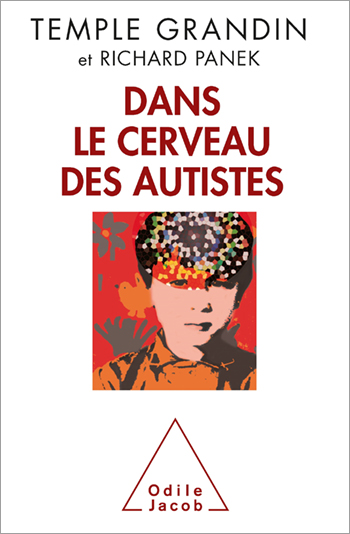
Temple Grandin, Richard Panek
The Autistic Brain
A cutting-edge account of the latest science of autism, from the best-selling author and advocate
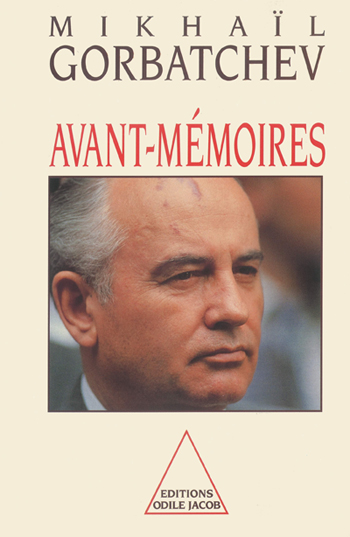
Mikhaïl Gorbatchev
Memoirs
For the first time Mikhaïl Gorbatchev opens his personal archives to the public. The reader participates in the negotiations between the head of the Kremlin and the other great leaders: François Mitterrand, Margaret Thatcher, Helmut Kohl, George Bush... He experiences the moving dialogue between Pope John Paul II and the General Secretary of a party which has made atheism its profession of faith. Finally, the reader follows the intellectual, political and moral progress of a man who presided over the transformation and opening of the very system which created him.
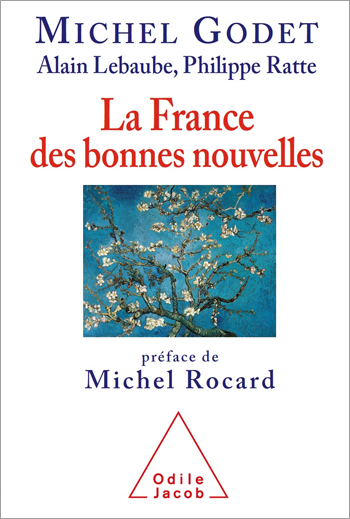
Michel Godet, Alain Lebaube, Philippe Ratte
Good News in France
“Once upon a time, there was a marvellous country called France, famed for its geographic and geologic variety as well as for its rich heritage and the diversity of its cultural traditions...
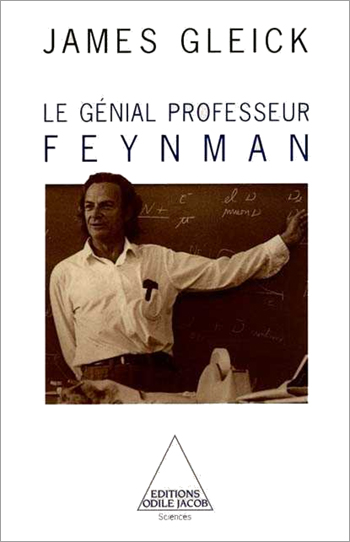
James Gleick
Genius: Richard Feynman and Modern Physics
Richard Feynman, Nobel Prize winner for his work on the description and calculation of interactions between particles, was a genius of our time. Quantum physics theoretician, enfant terrible of the Manhattan project and ascerbic critic of the investigative committee of the American space shuttle, Feynman left a profound impression on modern physics. James Gleick, a former journalist at The New York Times and author of the best-selling Chaos Theory, tells how Feynman's ideas were formed and how he reinvented particle physics. Through this portrait, Gleick explores the nature of genius itself and provides insight about the fascination that it engenders.

